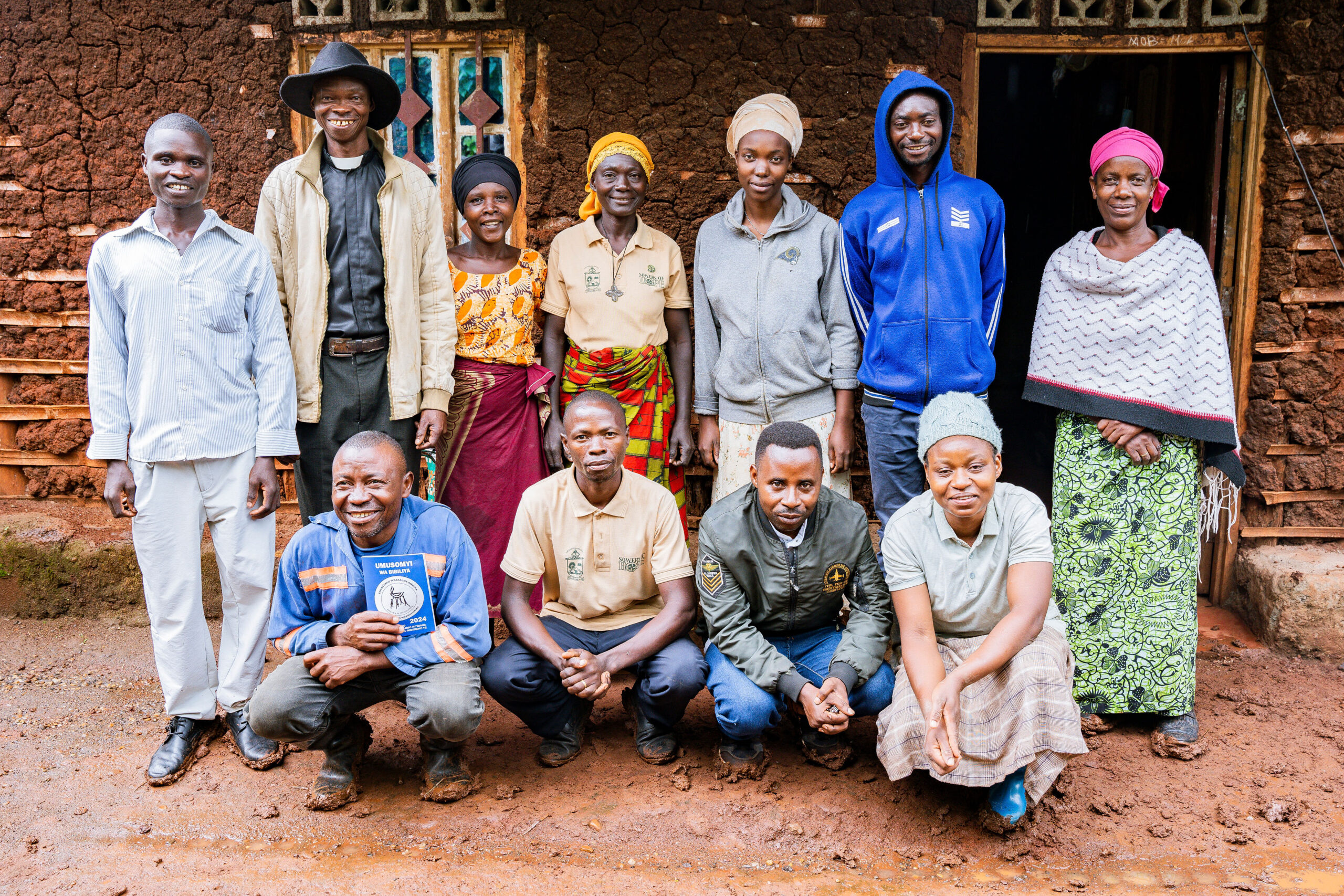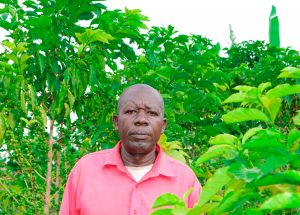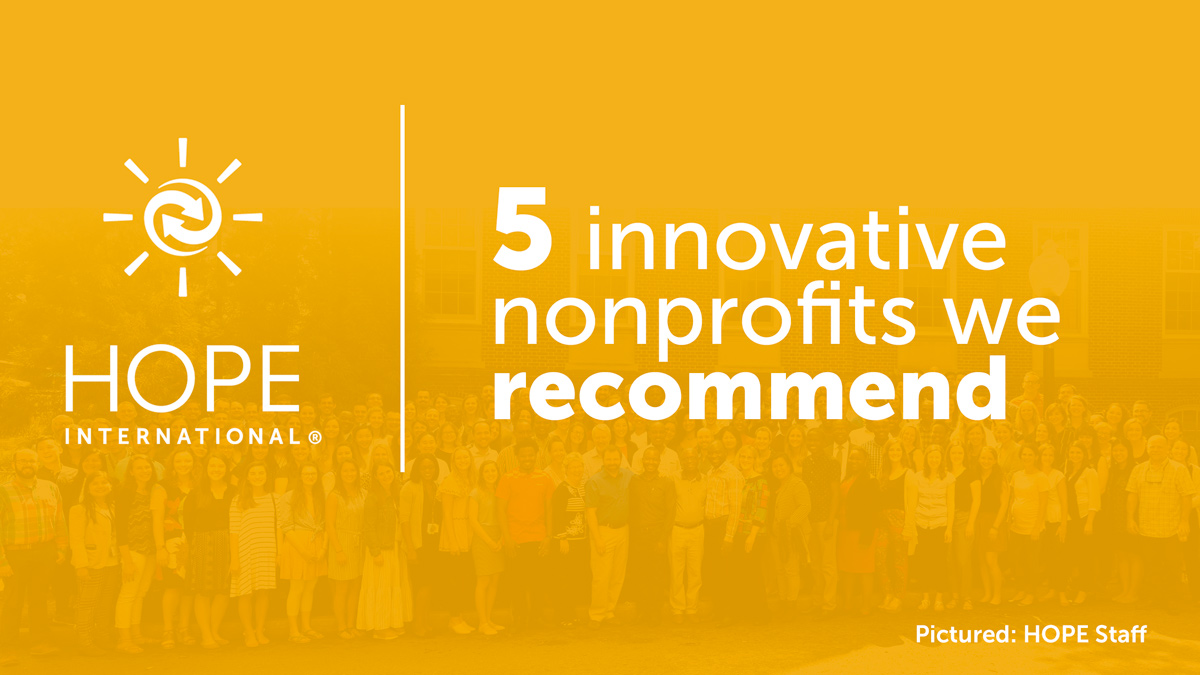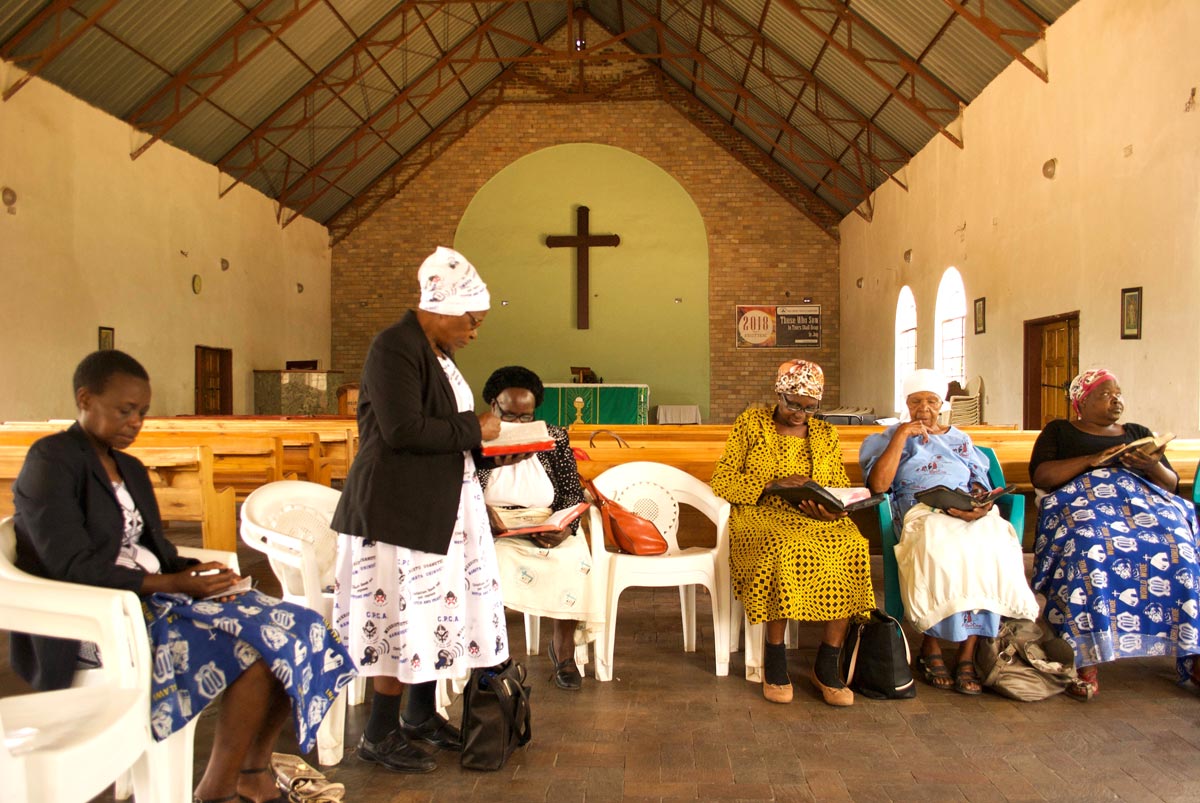HOPE International’s best ideas often come straight from the men and women we serve around the world.
Since the beginning of our Dreaming Beyond Our Boundaries initiative in 2021, we’ve surveyed over 17,000 people we serve. When they told us they wanted more flexibility in their repayment schedules, more support in housing, or to access money from their phones, we listened—and found more innovative ways to respond than ever before. As we’ve prioritized innovative problem solving, it has become the new normal at HOPE.
Here are three program innovations that have made a difference for the entrepreneurs and families we serve: Continue Reading…









 Simon Rurihafi (pictured right) is a coffee farmer who owns 350 trees—but he almost gave up on farming them.
Simon Rurihafi (pictured right) is a coffee farmer who owns 350 trees—but he almost gave up on farming them.











